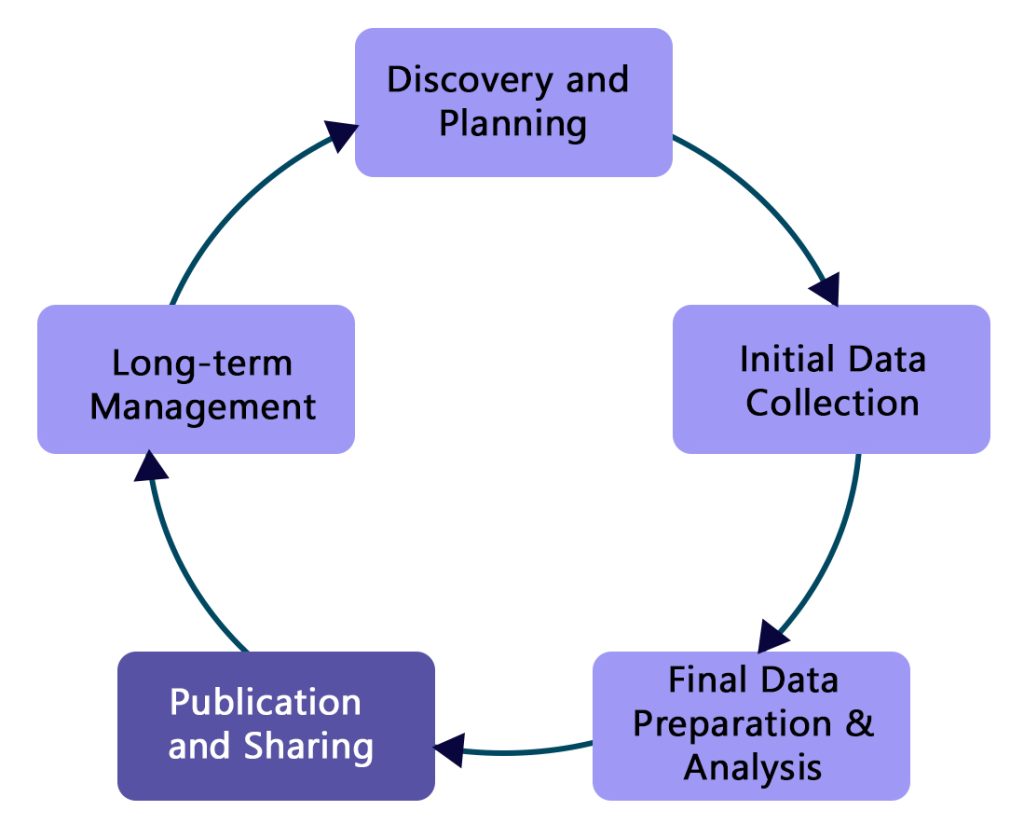
Smooth data exchange is essential to science’s quest to discover new frontiers. The crucial role that data sharing plays in promoting scientific collaborations that result in breakthroughs is examined in this blog.

Data Sharing in Scientific Collaboration
Making the same data resources available to many users is known as data sharing.
- By exchanging data, researchers can expand on each other’s work instead of duplicating previously conducted studies.
- Due to data sharing, researchers can also conduct meta-analyses on the present research topic.
Meta-analyses are crucial when assembling more extensive trends across a broader geographic or thematic area.
Significance of Scientific Collaboration
Collaboration in science promotes collective intelligence, which speeds up research and development. Researchers can improve their problem-solving skills, share resources, confirm findings, and produce solid and significant results by combining their varied areas of knowledge.
Working together across boundaries fosters a global community committed to knowledge advancement and tackling complex problems for the benefit of humanity.
Benefits of Data Sharing in Scientific Collaboration
In scientific collaboration, exchanging data has many advantages that promote creativity and group advancement.
- Accelerating Scientific Discovery
Through the development of common knowledge, data sharing in scientific collaboration speeds up discoveries. It makes research more reproducible, reduces redundancy, and makes dataset analysis possible from various angles.
- Fostering Innovation and Problem Solving
It expedites research by allowing scientists to expand upon previously acquired knowledge, preventing duplication of work and fostering efficiency.
- Enhancing Reproducibility and Transparency
Access to various datasets is provided to collaborators, augmenting the breadth and resilience of their research. Open data sharing promotes reproducibility, which increases the validity of research findings.
- Maximizing Resource Utilization
It makes multidisciplinary collaboration easier and lets specialists from other fields bring unique insights and abilities. As results can be independently validated, open data practices foster accountability and trust among the scientific community.

Challenges in Data Sharing
Data sharing has several issues, most notably privacy and ethical considerations.
- Privacy and Ethical Concerns
Strong security measures are required to secure sensitive data since the volume of data sent raises the danger of unwanted access and possible misuse. Finding a balance between personal privacy and data accessibility is difficult, especially in the social sciences and healthcare industries.
- Incentive Structures in Academia
In academia, incentive structures often prioritize individual success over collaborative efforts, hindering data-sharing initiatives. Shifting this paradigm requires fostering a culture of open science and redefining academic success to include collaborative contributions.
- Technical and Infrastructural Barriers
Technical and infrastructural barriers pose significant hurdles, including disparate data formats and varying technological proficiency among researchers. Standardizing protocols and investing in interoperable infrastructures are vital for effective collaboration.
- Legal and Regulatory Hurdles
Legal and regulatory hurdles add complexity, with data ownership and intellectual property rights ambiguities. Streamlining legal frameworks is essential for establishing international norms, fostering cross-border partnerships, and creating a conducive environment for responsible and ethical data sharing.
Conclusion
In summary, adopting a data-sharing culture fosters scientific cooperation, speeds up discoveries, and leads humanity toward a future of previously unheard-of understanding and creativity.
